Business
12,000 H-1B visas: JPMorgan, Goldman among top US financial firms filing
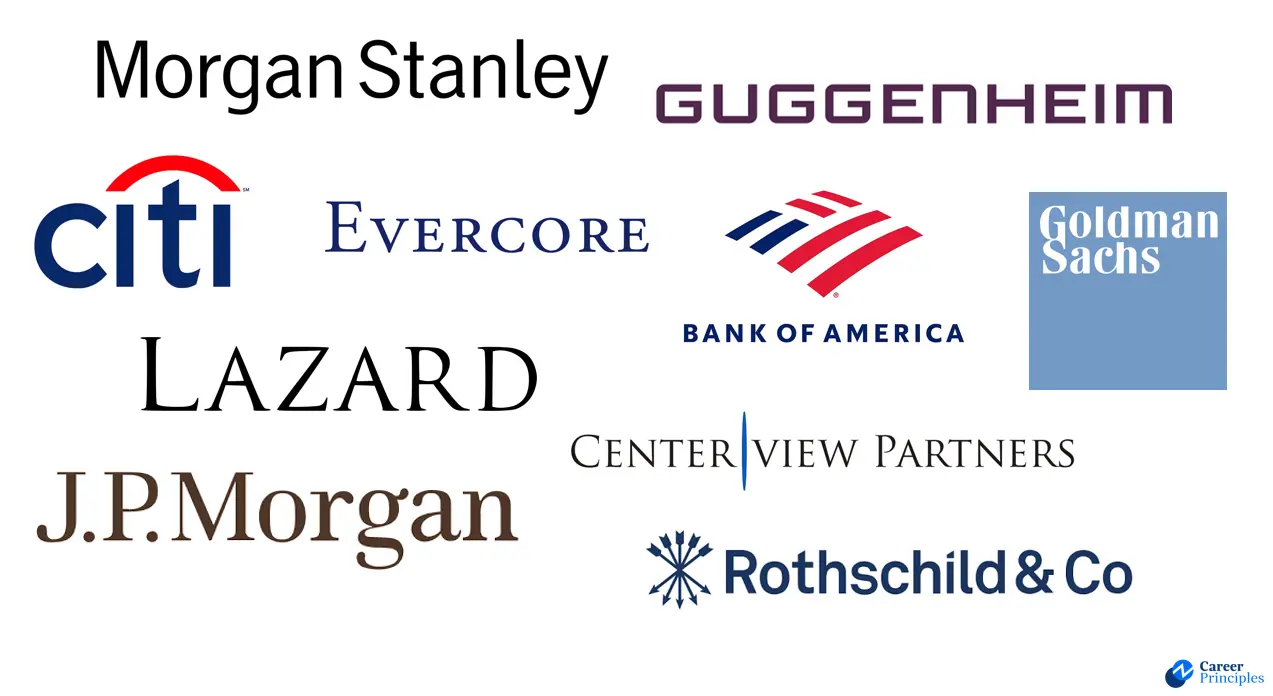
The H-1B visa programme allows US companies to hire foreign workers in specialised fields, particularly in technology and finance
As debate over US immigration policy continues, major financial firms are increasingly turning to the H-1B visa programme to recruit skilled foreign workers. Recent filings show that the top 15 US financial firms, including JPMorgan Chase, Goldman Sachs, and Fidelity, have collectively submitted nearly 12,000 H-1B visa requests from the fourth quarter of 2023 through the third quarter of 2024, according to data available on United States Citizenship and Immigration Services (USCIS) web portal.
Financial giants turn to H-1B visas
The H-1B visa programme allows US companies to hire foreign workers in specialised fields, particularly in technology and finance.
Companies like Citi, BlackRock, and Capital One are among those actively seeking foreign talent to fill roles that require specialised skills. Technology-related jobs account for more than half of the filings, with positions such as software engineers, data scientists, and machine learning specialists in high demand.
H-1B visa filings: The number of certified H-1B filings by some of the biggest financial firms in the US, according to USCIS data:
JPMorgan Chase
1,990 filings
Roles: Software engineers, investment bankers, risk management professionals
Fidelity
1,839 filings
Roles: Software roles, AI specialists, quantitative analysts
Goldman Sachs
1,443 filings
Roles: Software engineers, divisional COO, investment banking professionals
Citi
1,058 filings
Roles: Tech roles, risk management, traders
Capital One
758 filings
Roles: Tech roles, data science, quantitative analysis
Morgan Stanley
642 filings
Roles: Associate to managing director roles
Barclays
609 filings
Roles: Tech roles, global market directors, quantitative analysis
Visa
587 filings
Roles: Machine learning engineers, software engineers, finance professionals
American Express
575 filings
Roles: Tech, data science, investment management
Bank of America
500 filings
Roles: Tech roles, senior officers in finance
Wells Fargo
453 filings
Roles: Software engineers, construction management, securities traders
Mastercard
447 filings
Roles: Software engineers, product roles, marketing and strategy experts
Charles Schwab
429 filings
Roles: Software engineers, business strategy, risk management
BlackRock
354 filings
Roles: Software engineers, sustainable investing associates
UBS
294 filings
Roles: Tech roles, investment banking directors, alternative investments
Total H-1B filings across all firms: 11,822
On the day of his inauguration on January 20, 2025, US President Donald Trump spoke about the importance of skilled immigration. “We want competent people coming into our country. And H-1B, I know the programme very well. I use the programme. Maître d’, wine experts, even waiters, high-quality waiters — you’ve got to get the best people,” Trump said. He also referenced Oracle’s Larry Ellison and Softbank’s Masayoshi Son, saying, “People like Larry, he needs engineers, Masa also needs… they need engineers like nobody’s ever needed them.”
How immigrant workers impact the US economy
Jidesh Kumar, managing partner at King Stubb & Kasiva, explained how the H-1B visa programme helps address labour shortages. “The US economy relies on H-1B visas to address skilled labour shortages, particularly in technology, finance, engineering, and healthcare, where domestic supply is insufficient,” Kumar told Business Standard. “Tech giants and startups alike depend on H-1B professionals for cutting-edge research and product development. Many also go on to become entrepreneurs, creating jobs and boosting the economy,” he added.
A report from the American Immigration Council outlines five key ways in which immigrant workers contribute to the US economy:
1. They bring unique skills that complement those of domestic workers rather than directly competing with them.
2. Their spending and investments fuel consumer demand, leading to job creation.
3. Businesses expand their US operations in response to the availability of skilled immigrant workers.
4. Many immigrants establish businesses, further expanding the job market.
5. Their innovations drive economic growth and technological advancements.
Cities benefiting from H-1B visa holders
The economic impact of the H-1B programme can be seen in major cities across the US. According to American Immigration Council, between FY 2017 and FY 2022, New York City had the highest number of H-1B petition approvals, with 372,100 (15.2% of the national total), followed by:
San Jose: 215,700
San Francisco: 165,000
Dallas: 150,200
Business
ShapoorjiPallonji group inks record $3.4 billion private credit deal
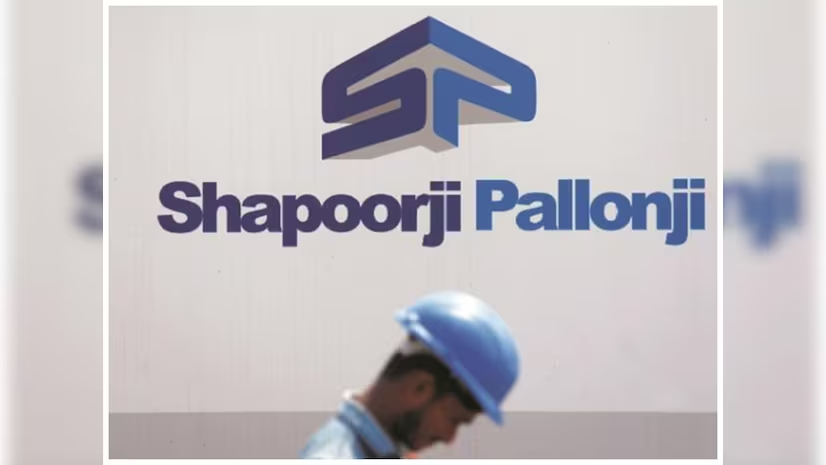
The three-year, zero-coupon rupee bond has an annual yield of 19.75 per cent. Proceeds will primarily be used to refinance existing debt
Real estate and construction conglomerate Shapoorji Pallonji group signed a $3.4 billion private credit deal, a person familiar with the matter said, marking the biggest of its kind in the country.
The three-year, zero-coupon rupee bond has an annual yield of 19.75 per cent. Proceeds will primarily be used to refinance existing debt.
The company inked the deal with the trustee, according to the person. The money is likely to flow from lenders in the coming days, the person added.
The financing is a landmark in India’s growing private credit industry, which is getting a boost as Prime Minister Narendra Modi’s infrastructure push increases funding demands for everything from solar power to roads.
That’s fuelled a burst of competition among foreign and local investors. KKR & Co, Oaktree Capital Management and Goldman Sachs Group Inc are among the foreign firms expanding in the market.
Local players are launching araft of funds, with Kotak Alternate Asset Managers Ltd planning a $2 billion fund. Shapoorji has evolved into a family-run construction behemoth, building skyscrapers, landmarks and complex infrastructure.
Its portfolio includes the country’s central bank and the Al Alam palace for the Sultan of Oman.
About a dozen large investors, including Ares Management Corp, Cerberus Capital Management LP, Davidson Kempner Capital Management, and Farallon Capital Management were participating in the Shapoorji deal, people familiar with the matter had previously said. Deutsche Bank is also investing, and acting as the sole arranger and the trustee.
A representative for the company didn’t respond to requests for comment outside of normal business hours. The deal comes at a busy time for Indian debt markets.
Billionaire Mukesh Ambani-owned Reliance Industries has obtained a $2.98 billion-equivalent loan, according to people familiar with the matter, the largest such deal for an Indian borrower in more than a year.
Business
‘Noida is a hell’: Investor shares why he quit India to live in Luxembourg
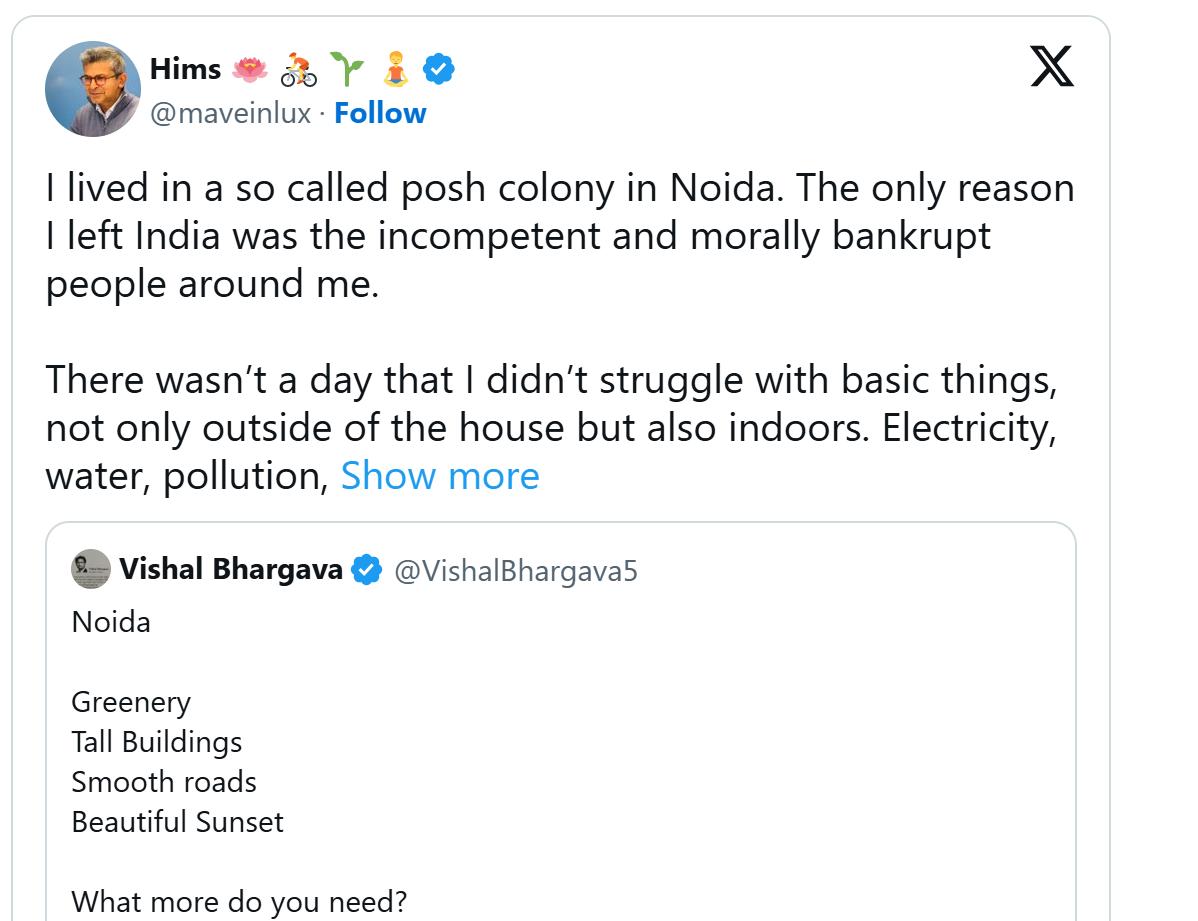
Himanshu Upadhyay, now based in Luxembourg, says poor infrastructure, social decay, and safety fears pushed him to leave India despite living in a ‘posh’ locality
Himanshu Upadhyay, an investor and president of the Indian Business Chamber of Luxembourg, recently shared on social media that he had relocated abroad due to “safety concerns” and deteriorating living conditions in India. Speaking about his experience living in a gated community in Noida, Upadhyay cited issues such as corruption, pollution, and unreliable water and electricity supply as key factors behind his decision.
“No matter how many tall buildings and trees Noida has, it’s still a hell,” he said.
‘Morally bankrupt environment’ prompted move abroad
Upadhyay, who has over two decades of professional experience in markets across Europe, Southeast Asia, and the Pacific, said that despite living in a “so-called posh colony” in Noida, the day-to-day reality was far from comfortable.
In a post on X, Upadhyay wrote, “I lived in a so-called posh colony in Noida. The only reason I left India was the incompetent and morally bankrupt people around me… Electricity, water, pollution, neighbours, commuters. Everyone seemed to be always angry and frustrated, ready to kill.”
He further alleged that even well-educated people in his neighbourhood were involved in corrupt practices, citing electricity theft as one example.
Upadhyay’s comments came in response to a user who praised the quality of life in Noida. While many users agreed with the investor’s assessment, others defended the city’s infrastructure and amenities.
When challenged by a Noida resident who said he hadn’t faced any of the problems mentioned, Upadhyay responded, “So you are telling me that there are cities in India where people are morally sound, ethical, with no fights over parking, no road rage, no corruption, no disruption in water and electric supply, no pollution and everyone using common sense?”
‘I didn’t want my children raised in that environment’
Despite his affection for the country, Upadhyay explained the surrounding social atmosphere was not conducive to raising a family. He added that India’s deep-rooted issues could take “two generations” to resolve.
On whether life in the West guaranteed safety and order, he replied, “Largely, and at least I do not struggle with basic things in life and my family doesn’t live in fear.”
Several users agreed with Upadhyay’s comments. A Lucknow-based lawyer supported his view, stating that children should be prepared to move abroad to escape the widespread corruption, pollution, and what he called “fictional caste-based egos” in Indian society.
One user said, “It’s true that on average Indians are more corrupt than people from developed countries. Maybe because their quality of life is already good they don’t need to be venal or maybe Indians have a character defect.”
However, others offered a different perspective. A resident of Noida shared, “I also stay in Noida. Never faced any problem. It’s all about experience. Life is not easy, whether in India or abroad — you have to adapt.”
Another user highlighted the regional disparity within the country, noting, “NCR is not the entire country. Also, no one consider Noida as a moral benchmark and model city. Not even by miles. Explore, and move to other decent places in the country.”
Business
Piyush Goyal asks startups to focus on high-tech areas, not food delivery apps
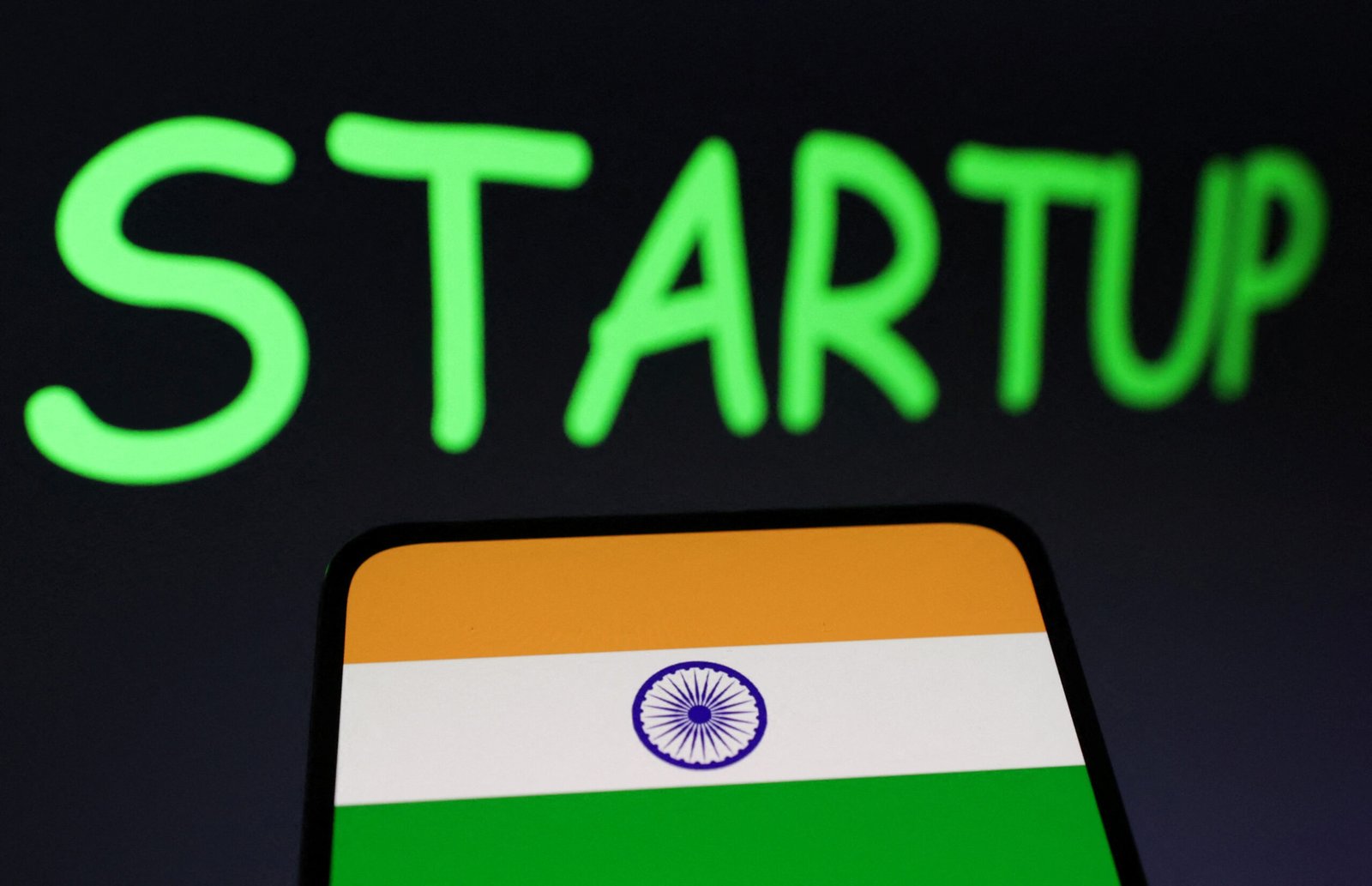
Highlighting the role of startups in making India a Viksit Bharat by 2047, Piyush Goyal said the country will only get there if Indian startups innovate in robotics, machine learning and automation, and explore technologies like 3D printing to make manufacturing efficient.
Union Commerce minister Piyush Goyal’s recent remarks urging Indian startups to move beyond food delivery and focus on ‘real economic productivity’ like AI, EVs, and semiconductors have triggered a heated debate across the startup ecosystem and tech community.
Speaking at an investment summit in Delhi, Goyal said, “We are making food/hyper delivery apps; creating cheap labour so the rich can have a meal without stepping out, while the Chinese are working on AI, EVs, and semiconductors. Should we make ice cream or chips?”
He also criticised the proliferation of betting apps and questioned whether India’s vast pool of STEM graduates should be creating more delivery jobs. “Are you proud that we are creating delivery boys and girls?” he asked, calling on startups to aim for “deep-tech” innovation that boosts productivity and economic strength.
The remarks sparked sharp responses from several industry leaders.
Zepto co-founder Aadit Palicha took to X (formerly Twitter) to defend consumer startups. “It’s easy to criticise consumer internet startups, especially when you compare them to US/China. But Zepto employs over 1.5 lac real people and pays over Rs 1,000 cr in taxes annually,” he said. Palicha added that Zepto has brought in over a billion dollars in FDI and invested heavily in supply chain infrastructure.
He argued that many globally renowned tech giants like Alibaba started as consumer apps and evolved into deep-tech players. “We must support local champions instead of pulling them down,” he wrote.
Ashneer Grover, former MD of BharatPe, acknowledged Goyal’s intent but reminded that even China’s tech ecosystem began with consumer apps. “China also had food delivery first, then evolved. Maybe time for politicians to aspire for a 10%+ GDP growth rate for 20 years flat before chiding job creators,” he quipped.
Mohandas Pai, former Infosys executive, offered a more critical take. “India does have startups in deep-tech, but they’re small. What has the government done to support them?” he asked. He slammed the finance ministry for being “hostile” and taxing angel investors, and the RBI for discouraging foreign investments.
Pai compared startup investments over a decade, stating: “China invested $845 billion from 2014-24 in startups. India invested just $160 billion. So where is the support?”
While the debate continues to grow, many agree that the dialogue has highlighted the need for a balanced ecosystem—one that encourages both consumer-facing businesses and deep-tech ventures.
Meanwhile, Goyal’s remarks have opened the door to a larger policy discussion about how India wants to shape its innovation narrative in a rapidly changing global tech landscape.
-

 Blog9 years ago
Blog9 years agoThe final 6 ‘Game of Thrones’ episodes might feel like a full season
-

 Tech2 years ago
Tech2 years agoTRAI Introduces New Regulations to Boost Telecom Service Quality and Consumer Compensation
-

 Blog9 years ago
Blog9 years agoThe old and New Edition cast comes together to perform
-

 Blog9 years ago
Blog9 years agoMod turns ‘Counter-Strike’ into a ‘Tekken’ clone with fighting chickens
-
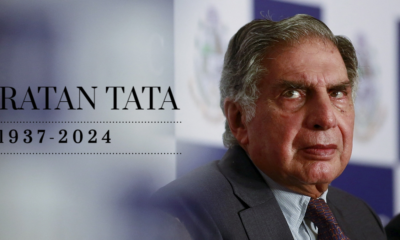
 Blog1 year ago
Blog1 year agoRatan Tata
-

 Business2 years ago
Business2 years agoStrengthening Cyber Defenses: The Crucial Role of System Availability and Resilience
-

 Business9 years ago
Business9 years ago15 Habits that could be hurting your business relationships
-

 Business2 years ago
Business2 years agoGovt May Soften LTCG Tax Blow on Real Estate






